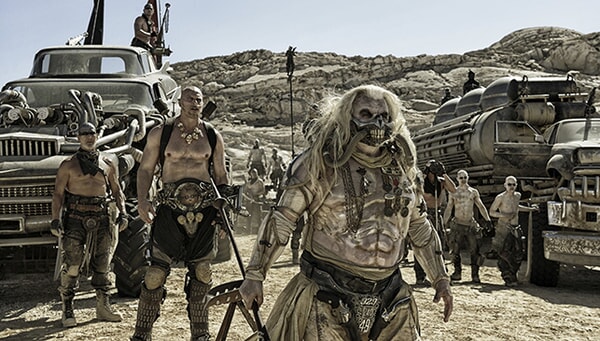 |
| Got any fire water? |
One of Xerxes’s correspondents (Xerxes being my anonymous friend the left-wing commentator) writes: “The British importation of enslaved Africans and the treatment of Native Americans by British colonists embedded racism, White Supremacy, and Christian Nationalism as the unholy trinity in the DNA of the United States of America 150 years or more before such a country existed.”
Welcome to the 1619 project and the nonsense peddled now as history.
Leave aside that tiresome and racist cliche “in the DNA.” What strikes me more is anachronism. It reminds me of Whoopi Goldberg insisting that Hitler could not have been a racist because Jews are not black. The term “white supremacy” popped up in print only about 2016. Nobody uses it except the left, as a term of condemnation. If nobody uses it to describe their own beliefs, and the early English settlers in America would not know what it meant, is it sane to use it to describe their opinions? If you are obsessed with skin colour, it does not follow that everybody else is. They were more concerned with your religion than the depth of your tan.
But as to religion, I’ve only started seeing “Christian nationalism” pop up in the last year. Again, it is used only on the left, to tar people they disagree with. I presume it means wanting a nationally established church, as we see in England. Not something anyone advocates even today, in America. Although it also does not seem an especially troublesome idea.
Since many of the early settlers in the US had come to seek religious freedom, because they dissented from the established church in England, calling them “Christian nationalists” is the opposite of the truth.
You might argue that many of them sought to run their governments in the New World on a religious basis. But why is this a problem for anyone? In the context of this new world, anyone who dissented could simply move on and found their own colony on their own principles beyond the next headland. Which is, historically, what they did.
Were they “racists”? The term “race” only developed its modern meaning with Darwin. Before Darwin in The Descent of Man presented man as just another animal, competing with other animals for survival, race was not a thing. Breeding was, true—that is, being well brought up. That had to do with education.
Why did some of the early settlers at least consider it fair game to enslave Africans in the New World? Even though this was against established Christian principles, and would not be tolerated back in England? Not because they thought them an “inferior race.” It was because they considered them uncivilized—not well brought up. They enslaved one another, for one thing. They ate one another, for another. They knew nothing of God or Christian morality or settled agriculture. Buying them, already enslaved, out of Africa was justified as rescuing them from this toxic culture.
No doubt there was cynicism involved; but having them continue to work as slaves was justified as a process of civilization, which given the continuing influence of parents and cultural traditions was bound to take several generations, and justified as well as supporting the costs of this vast rescue mission. The logic may have been wrong or self-serving, but nobody spoke of “white supremacy.”
The issues in dealing with Native Americans were similarly not racial; neither the Indian nor the settlers thought of themselves or one another in racial terms. In principle and in practice, anyone could join any Indian tribe, be they black, white, blue, Iroquois or Eskimo. The European settlers did not see themselves as a race, but as a community united by religious values. The two groups often intermarried. The issue was that the Indians travelled in gangs like the tribes in the Mad Max movies. The settlers wanted to establish peace and order. They sought to establish governments to protect rights of property and security of the person. Nobody was thinking in terms of “white supremacy.”
We may disagree with their actions, or their attitudes. But we have no right to fight straw men.












No comments:
Post a Comment